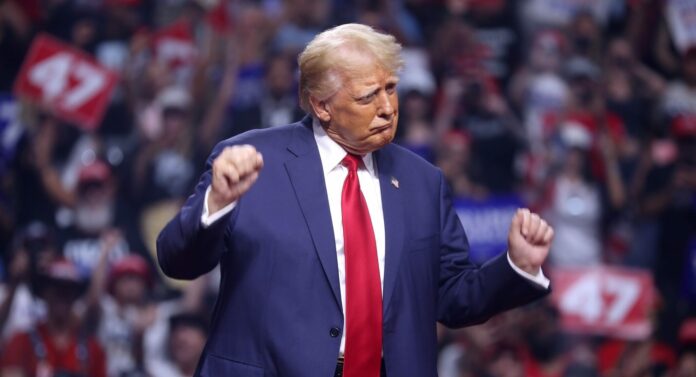On February 1st, US President Donald Trump took a significant step in his trade policies by signing an executive order to impose tariffs on products imported from Canada, Mexico, and China. This move is part of Trump’s ongoing efforts to address what he perceives as unfair trade practices and to protect American industries from what he sees as unfair competition.
The executive order signed by President Trump includes a 25% tariff on products imported from Canada and Mexico, as well as an additional 10% on top of the existing 25% tariffs on Chinese goods. This decision has sparked concern and uncertainty in the global market, as it could potentially lead to a trade war between the US and its trading partners.
The imposition of tariffs on goods from Canada, Mexico, and China is expected to have wide-ranging implications for businesses and consumers in the US and around the world. The increased cost of imported goods could lead to higher prices for consumers, while businesses may face challenges in sourcing affordable raw materials and components for their products.
In response to the executive order, the affected countries have expressed their disappointment and concern over the escalating trade tensions. Canada, Mexico, and China have all indicated that they are considering retaliatory measures to protect their own industries and interests.
For businesses that rely on imported goods from these countries, the tariffs could have a significant impact on their operations and bottom line. Many companies are now faced with the challenge of reevaluating their supply chains and exploring alternative sourcing options to mitigate the impact of the tariffs on their business.
In light of these developments, it is crucial for businesses to stay informed and prepared for potential changes in the global trade landscape. This includes closely monitoring the evolving trade policies and regulations, as well as assessing the potential impact on their supply chains and operations.
As the situation continues to unfold, it is important for businesses to proactively engage with policymakers and industry stakeholders to advocate for policies that support a fair and level playing field in the global marketplace. By staying informed and actively participating in the dialogue on trade policy, businesses can better navigate the changing trade environment and position themselves for success in the long term.
In conclusion, the executive order signed by President Trump to impose tariffs on products from Canada, Mexico, and China represents a significant development in the ongoing trade disputes between the US and its trading partners. Businesses must closely monitor the situation and take proactive steps to mitigate the impact of the tariffs on their operations and supply chains. By staying informed and engaged in the dialogue on trade policy, businesses can navigate the evolving trade landscape and position themselves for success in the global marketplace.




